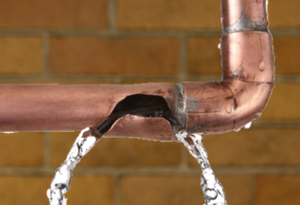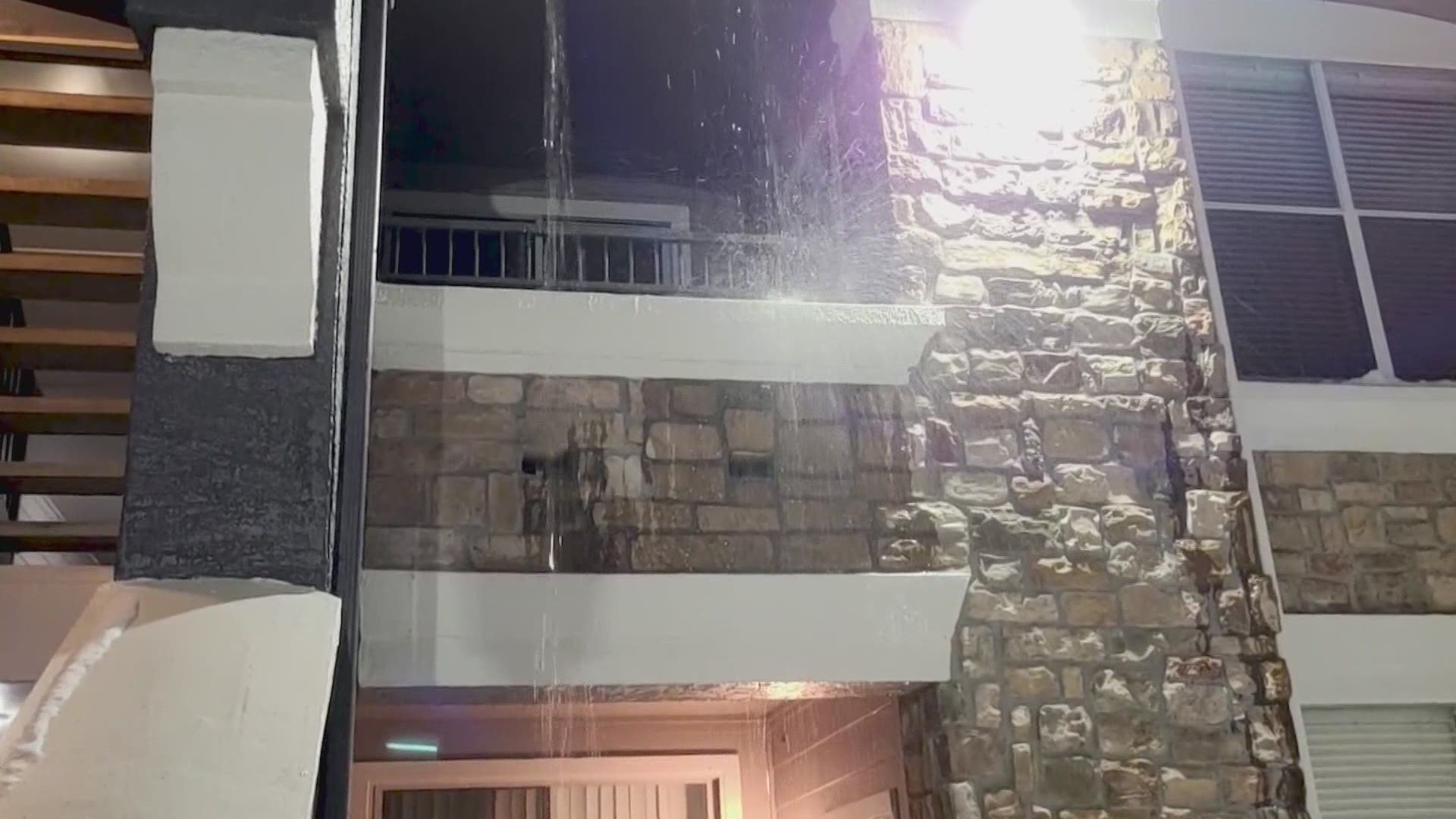What You Need to Know About Routine Septic Tank Maintenance
This great article below involving Do’s And Don’ts For Homeowners Managing With Water Damage is exceedingly entertaining. Check it out for yourself and figure out what you think about it.

What should you do if a water pipeline bursts in your residence, producing a mini-waterfall and also swamping an area of your house? The longer you wait, the more extreme the water damage in your property. For these factors, you need to discover what to in case of a ruptured water pipe.
Shut Off the Key Waterline Valve
The first thing you need to do is close the shut-off shutoff. Search for the neighborhood shut-off valve to turn-off water in one specific area just. If you don't recognize where the localized shut-off shutoff to the fixture is, you need to turn-off the primary waterline shutoff. This will remove the water in your whole residence. Usually, the primary valve is discovered outside the residence beside the water meter. You can likewise find it in the cellar at an eye-level or it can be in the 1st flooring on the ground if it's not there. Usually, building contractors but the shut-off shutoff in the main ground degree bathroom or best beside it.
Call Water Damage Repair Pros for Help
After closing the water resource, call the pros for help. This is not something you can easily do it yourself due to the fact that they need to take care of the pipelines and also deal with the damages to your building. Seek help from a trusted firm providing 24/7 emergency solutions. With their expert assistance, you can mitigate exacerbation due to the fact that water can seep with your things leading to deformed baseboards, loosened floor tiles, or damage framework. Do not take this problem gently and also seek career guidance for total satisfaction.
Document the Damage For Insurance coverage
As you are waiting on the pros to get here, record the damage caused by the errant pipe. Take photos and also video clips of every little thing. Do closeup shots of valuables. These things will function as proof for your house owner's insurance policy. Remaining aggressive with this allows you to file a claim for coverage, which will help you and your household return on your feet.
Restore Points That Can Be Saved
When you're done taking photos, browse the items and get the most important ones from the stack. Dry them off as well as try to preserve as much as you can. Drag them away from dampness so they can begin to dry out.
Beginning the Drying Refine
The good news is, water from your waterlines are clean so you don't have to fret about sewage system water. The streaming water may have disrupted the dust and also debris in your carpetings as well as floorboards. Be prepared with gloves as you use pails to dispose out the water.
Professionals are the just one qualified to take care of the burs pipes as well as subsequent damages. And bear in mind, pipes do not just unexpectedly ruptured. You will typically see red flags like bubbling paint, odd noises in the plumbing, stuffy odor, caving ceiling, peeling wallpaper, or water spots. Pay attention to these points, so you can nip any concerns in the bud.
What should you do if a water pipe bursts in your residence, creating a mini-waterfall as well as flooding an area of your residence? For these reasons, you need to discover what to in case of a ruptured water pipeline. After shutting the water resource, call the pros for aid. With their expert aid, you can alleviate worsening since water can leak via your things resulting in distorted walls, loose ceramic tiles, or damages structure. Fortunately, water from your waterlines are tidy so you do not have to worry regarding sewage system water.
How to Handle a Burst Pipe and Minimize Damage
Steps to Take Ahead of Time
If you own property in an area that experiences cold weather, you need to be aware of seasonal maintenance tasks that will help you protect your property as the weather changes each year. One of the most important steps is to winterize your pipes to ensure they won't freeze or burst when the temperature drops. This includes action items like insulating any exposed pipes, detaching garden hoses and covering outdoor faucets. If the weather gets cold enough, you may even consider leaving a faucet dripping or opening cabinet doors during the coldest parts of the day.
No matter how prepared you might be, accidents and emergencies still happen. You'd be wise to set up a savings account specifically for your property so you have a "rainy day" fund set aside for unexpected expenses. All homes—regardless of age, location or condition—will inevitably need some form of emergency repair.
Steps to Take for Frozen Pipes
A frozen pipe will not necessarily burst, so if you can catch a frozen pipe early on, you could save yourself a major headache. When your area experiences frigid temperatures, be sure to check your plumbing and keep an eye out for warning signs like faucets only releasing small amounts of water or toilets not refilling when flushed. If you do run into one of these issues, you're likely dealing with a frozen pipe.
If this happens, your first step should be to cut off the water supply to that section of the plumbing. Expanding and freezing water can quickly cause damage. Even if the water supply is shut off, you will likely still deal with some leaking from the water that defrosts after the pipe has thawed. Be prepared with a mop, bucket and/or towels to quickly soak up any excess water.
In order to thaw a frozen pipe, you can use a space heater, infrared or incandescent heat lamp, or even a hairdryer to warm up the frozen area. Heat tape is also an option and should be used according to manufacturer instructions. Do not use any sort of open flame to thaw frozen pipes, as it poses a major fire hazard and can damage your pipes further.
Steps to Take for a Burst Pipe
Water damage claims are the second most common insurance claim in the U.S. When you're dealing with a frozen pipe, the water continues to expand as it freezes, which creates pressure that can cause a pipe to burst. When this happens, the crack or leak in the pipe allows water flow from the pipe to enter your home where it shouldn't. If a pipe does burst, you need to act quickly to mitigate property damage and repair cost.
Your very first step should be to shut off your main water supply to minimize flooding—typically the most expensive damage to address. Once you've shut off the water supply, make sure you identify the entire area that has been impacted by the leak. Remove as much water as possible—as quickly as possible—using a mop, sponges, towels or a shop vacuum or wet/dry vacuum. To prevent long-term damage due to moisture build-up, run a dehumidifier or fan in the affected area. Contact a licensed plumber to ensure the pipe is correctly repaired before running any water to that section of the home again. Burst pipes and the associated water damage are something you absolutely want to avoid as a property owner. If you've had to learn your lesson the hard way, don't let yourself get caught in a similar situation during the next spell of cold weather. The best way to deal with frozen or burst pipes is to prevent them in the first place—proactive winter maintenance will save you time, money and a whole lot of stress.

We had been made aware of that write-up about Water Damage: Tips On What To Do When Your House Is Flooded from a friend on a different web address. Are you aware of somebody who is interested in the topic? Take a moment to share it. Thank you for your time. Come back soon.